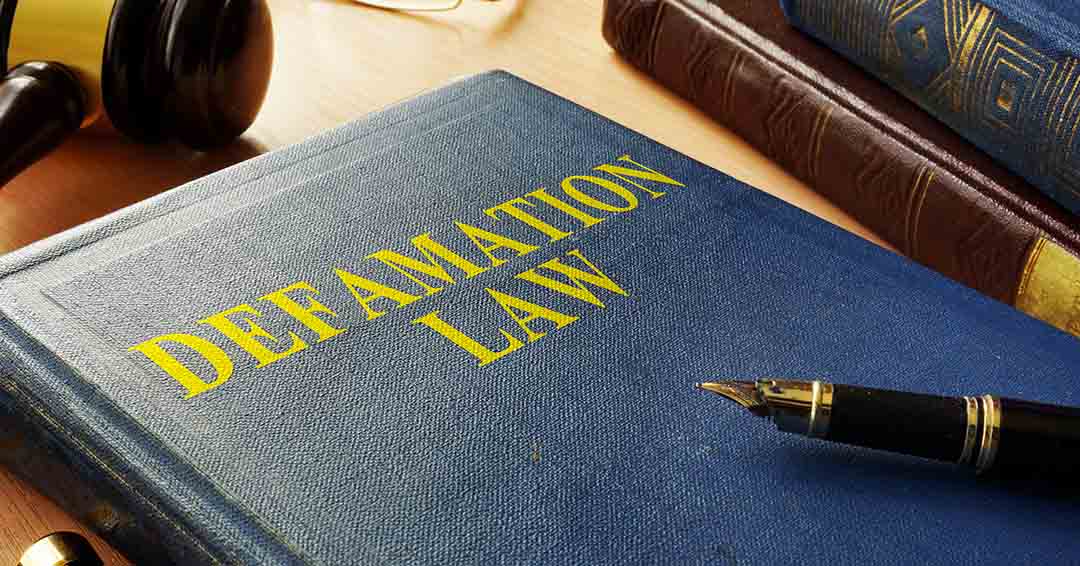
Defamation in Thailand is defined as a false statement that is generally classified as intentional and harmful and made by a person against another whether orally or in writing.
Defamation in Thailand as a form of slander or libel
A person who commits defamation against another may be subjected to civil prosecution, criminal prosecution, or both in Thailand.

Civil Defamation
Civil defamation in Thailand is defined under the Thai Civil and Commercial Code.
Code as a statement made contrary to the truth which is asserted or circulated as a fact which is injurious to the reputation or credit of another or his earnings or prosperity in any other manner. Under Section 423 of the said Code, any person liable under the same shall compensate the victim for any damages that the latter may suffer. It must be remembered, however, that the claim for damages under the Thai Civil and Commercial Code must be filed within one year after the defamatory act or one year when the offender’s identification is known to the victim or within ten years from the commission of the defamatory act.
Criminal Defamation
Defamation as a criminal act in Thailand is defined by the Thai Criminal Code as a statement made by a person who imputes anything to another in a manner that is likely to impair the reputation of the latter or to expose him to hatred or contempt. Under the same Code, such person is liable for imprisonment not exceeding one year or he can be ordered by the court to pay a fine of 20,000 Baht or maybe both as stated in section 326 of the Thai Criminal Code.
Burden of Proof and Available Defenses
In Thailand, it is not the duty of the victim or the prosecution that the statement made by the defendant is false. Hence, the burden of proof lies on the defendant to prove that his statements are true. The defense that the defendant did not know his statements to be false is not acceptable in Thailand. Regardless of the truthfulness or falsehood of the statement, once it became a source of an injury that caused damage to the victim, the defendant is liable. Also, although the defendant proves that his statement is true, he still has the burden of proving to the court the propriety of such a statement. Nevertheless, the defendant may set up a defense that the statement was made by him in good faith to the person who he believes to be entitled to such information or has interest thereof. Statements made in court by the parties as well as their lawyers do not constitute defamation. Also, expressions of an opinion made in good faith are not considered defamatory especially so when it is intended to protect the legal interest, to comment on actions of an official under official capacity, or to provide a fair comment to any person.
Defamation through Negligence
Defamation done negligently or without intent under the Thai Criminal Code does not constitute an offense; however, negligent defamation may be subject to civil prosecution under the Thai Civil and Commercial Code.



